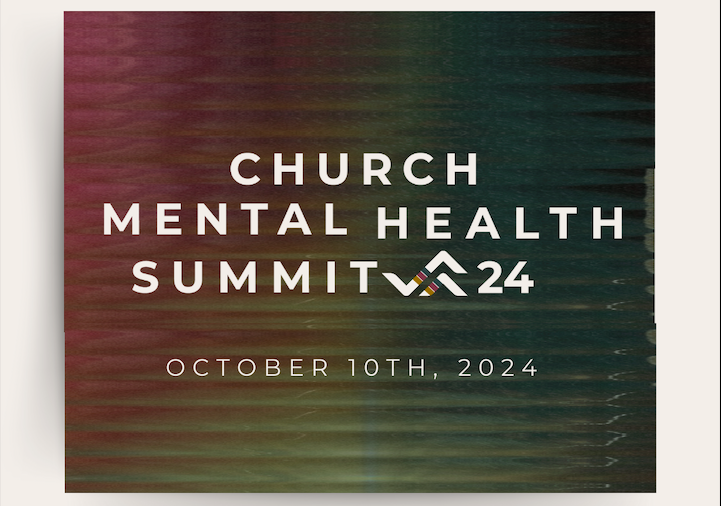
Here is a benchmark of healthy leaders: they practise self-reflection.
You make assumptions.
What happens when this is missing? You make assumptions about what is happening and react badly. Unhealthy leaders complain and blame, like Adam who when not in a good place, said to God, “The woman you gave me…”, like a pastor who says to God, “The people you have given me, they are ….”
You lack understanding and react badly.
When heading into burnout, I became more critical of others and harsher in comments. I complained to God and others and blamed people. My sickness made people’s actions and words seem far worse than they were.
Not knowing how to stop and self-reflect, I blindly reacted to what I saw and heard. Now I recognise that there were reasons behind other’s behaviours and expressions. I’m not saying that the behaviours were necessarily right. However, some understanding of my part, becoming more aware of others in self-reflection would have greatly helped them.
Self-reflection helps you see the real issue and position you to make a difference.
There is an Aesop’s Fable about a wounded lion. A runaway slave took shelter in a cave. The cave had another occupant, an angry lion. The slave worked out it had a thorn in its paw. He removed the thorn and the lion became a great friend. Later, when the slave was thrown to the lions as punishment for running away, this same lion saved the slave’s life.
The slave didn’t complain about the lion in the cave, although he had some grounds for that—“If life was not tough enough, when I ran into the cave, there was a roaring angry lion.” No, he did not see the problem as his being next on the menu for dinner. Rather, he saw what he could do to remove the problem.
What wounded lions could become your friends if you took time to stop and ask some questions? Why are they roaring? Why are they angry? This does not condone bad behaviour, but asks, What is the real issue?
Have you subscribed? The next blog explores two things that develop self-reflection.
Growing this ability will increase your understanding and minimise emotional blind spots.
Continue reading with these articles…
Recent Posts
Categories
- Coaching
- Emotional Health
- Empowering Transformative Action
- Flourish
- Gauges
- Grief
- Grief
- Healthy Emotional Intelligence
- Mature Disciple: foundational competency for mentoring
- Mentoring Excellence
- Professional Supervision
- Reduced Risk
- Replenish
- Resources
- Seasoned Christian Leadership
- Sustainable Life
- Thriving Relationships
- Uncategorized
- Videos
- Vital Spirituality
- Well-Being
- Well-Being Mentoring



